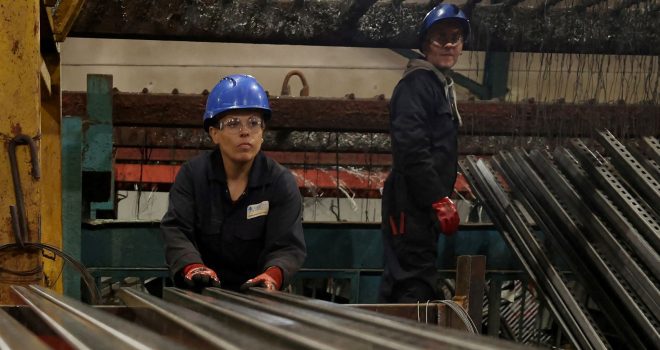Why Project Leaders With High Status Fail More Often

Projects led by high-status managers are more likely to fail than those with a middle-ranking status, according to research by Balazs Szatmari at Rotterdam School of Management, Erasmus University (RSM).
It was found that leaders gain mixed results because either everyone enthusiastically jumps aboard, or they fail, because people are less critical of these projects and turn a blind eye to their flaws.
In contrast, project leaders with a middle-ranking status typically produced the best results.
This stems from teams being reluctant to challenge high-status managers on key issues because of their position in the organisation and thus permitting them to proceed with their project.
Meanwhile middle managers do not get unconditional support due to their status, and therefore they get the necessary critical feedback that they can use to perform better than their high-status counterparts.
The research studied the video games industry to find out how the status of a project leader might influence the quality of projects as this industry poses demanding project management skills.
Balazs Szatmari, a PhD student at RSM, said: “We were interested in whether having a high status as a project leader makes a project better and whether these leaders can gather support for high and low quality projects.”
Whenever there is a new idea this has to be sold to top management and support has to be gathered throughout the whole organisation. Project managers have to sell the idea and get people on board, and this is where status can help to gather the necessary support to implement the ideas.
The research showed that status is very beneficial because it helps leaders to get the necessary support for their project and it speeds up the implementation process. However, this status has a downside as it can allow senior managers to get away with bad ideas or bad execution or framing their failures as success.
He added: “This is something organisations should be aware of when they assign the managers of projects or even when they evaluate projects in the past.”




